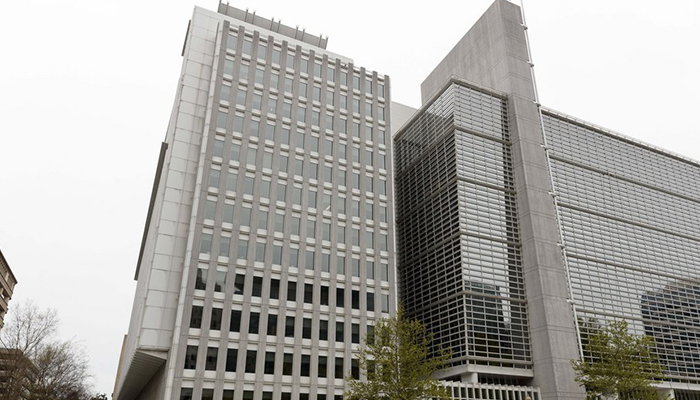
Washington: In response to COVID-19 severely damaging the lives and livelihoods of millions of people in developing countries, the World Bank Group deployed over $157 billion to fight the pandemic’s health, economic, and social impacts over the last 15 months (April 1, 2020 – June 30, 2021).
This is the largest crisis response of any such period in the Bank Group’s history and represents an increase of more than 60 percent over the 15-month period prior to the pandemic. Bank Group commitments and mobilizations in fiscal year 2021 (FY21) alone (July 1, 2020 – June 30, 2021) amounted to almost $110 billion (or $84 billion excluding mobilization, short-term financing, and recipient-executed trust funds).
Since the start of the pandemic, the Bank Group supported countries to address the health emergency, strengthen health systems, protect the poor and vulnerable, support businesses, create jobs and jump start a green, resilient, and inclusive recovery.
Following last year’s COVID-related economic deterioration, the global economy is expected to expand 5.6 percent in 2021.
Thus far, the recovery is uneven and many of the world’s poorest countries are being left behind. While about 90 percent of advanced economies are expected to regain their pre-pandemic per capita income levels by 2022, only about one-third of emerging market and developing economies are projected to do the same. In 2020, global extreme poverty rose for the first time in over 20 years, with nearly 100 million people pushed into extreme poverty.
"Since the start of the pandemic, the World Bank Group has committed or mobilized a record $157 billion in new financing, an unprecedented level of support for an unprecedented crisis," said World Bank Group President David Malpass.
"We will continue to provide critical assistance to developing countries through this ongoing pandemic to help achieve a more broad-based economic recovery. The Bank Group has proven to be a rapid, innovative, and effective platform to support developing countries as they respond to the pandemic and strengthen resilience for future shocks. But we must do more still. I remain deeply concerned about limited availability of vaccines for developing countries, which are critical to save lives and livelihoods."